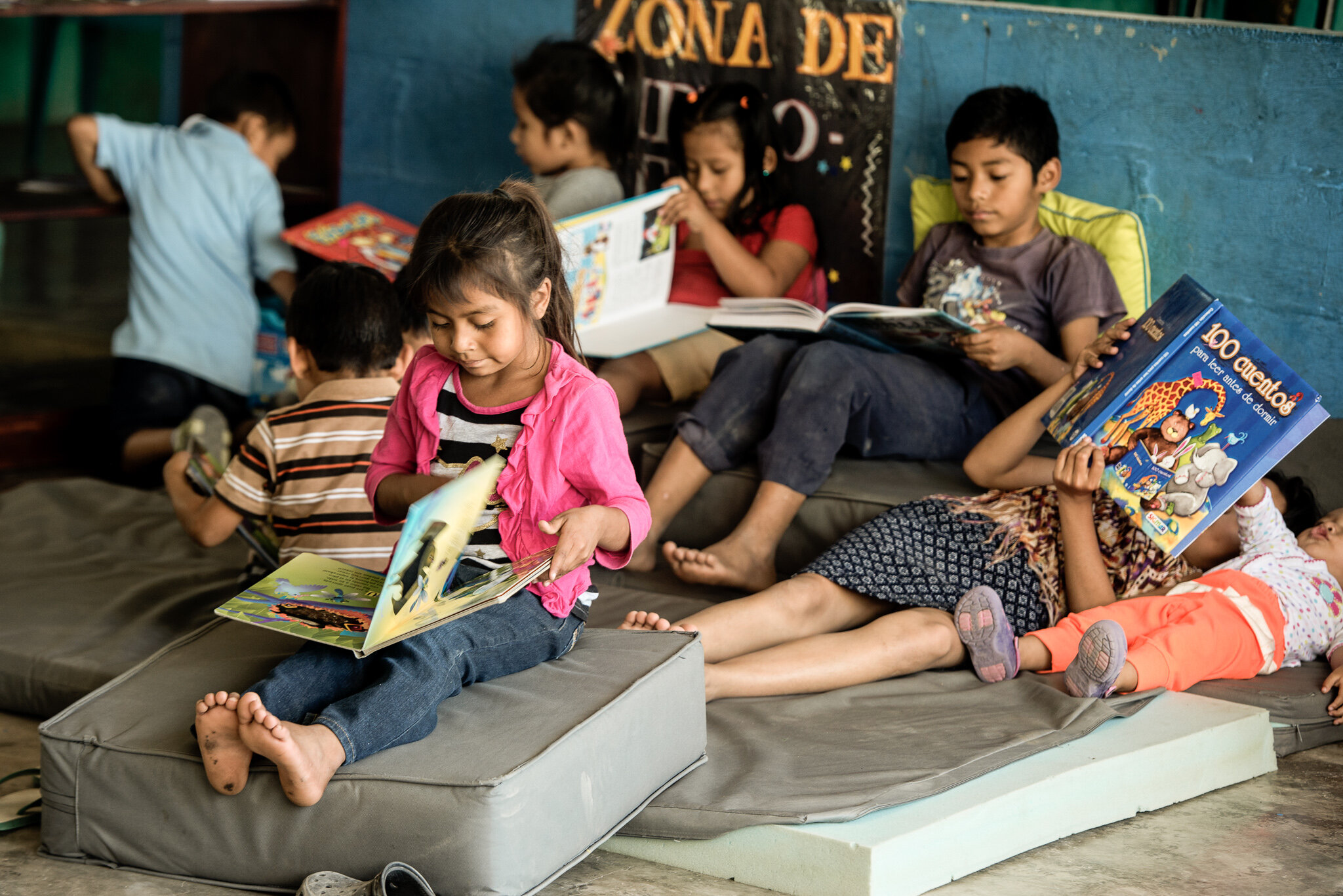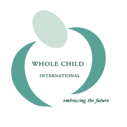
Small changes, big impact.
Impact
Highlights of Our Research Results
Whole Child International’s programs in limited-resource childcare settings focus on low-cost interventions that are strategically designed to be both sustainable over time and scalable to larger regions and systems of care. The effectiveness of these programs has been rigorously evaluated by an independent team at the University of Pittsburgh’s Office of Child Development. Their evaluation reports detail progressive improvement in the children who participated in our program as measured by a variety of standardized child-development measurement tools. These reports confirm what can be seen in all settings where we have worked: our interventions achieve significant improvements in children’s social-emotional, cognitive, linguistic, and even (despite no change in nutrition) their physical development. In short, the children we reach are given the tools with which to build productive lives. The following highlights of the research results demonstrate the success of our work with typically developing children as well as those with special needs over the past seven years.
Children’s Weight
Typically-developing children’s weight improved by an average of 34% (from the 8th to the 42nd percentile), and all children improved by 18% (from the third to the 21st percentile).
Children’s Height
Over 17 months, the height of typically-developing children increased by an average of 46% (from the eighth to the 54th percentile), and the height of all children improved by an average of 24% (from the fourth to the 27th percentile).
Children’s Developmental Progress
Measured by the Battelle Development Index, the scores of the children assisted by our interventions since 2006 have risen by 30%. In just 17 months the scores in the areas of physical, cognitive, linguistic, and social-emotional development have increased by an average of 19%. This raised the children from scores associated with being clinically intellectually disabled and severely delayed to within the normal range for their age.
Children’s Social-Emotional Progress
The Caregiver-Child Social/Emotional and Relationship Rating Scale (CCSERRS) measurement is an indicator of ability to function in human relationships, which by extension predicts the degree to which children will be able to integrate into family, school, work, and community. On this scale, work in the initial pilot institution produced a significant 150% improvement in interaction or attachment numbers over seven years, and we have matched that same improvement in homes for children with special needs in just two years.
Children’s Behavioral Progress
Whole Child’s program consistently reduced behaviors such as aggression, self-stimulation, and other behavior associated with children who do not receive developmentally supportive care, and in special-needs care centers these behaviors were reduced dramatically — from 13% to 3%.
Children with Disabilities
The average ratings of support for children with special needs through positive accommodation and attention almost doubled in value. As children with disabilities are often more likely to be placed in institutions and less likely to be adopted out of them, training and support improvements that have positive impact for these children are especially critical.
The impact of the Whole Child International program has been proven through a regimen of research and evaluation that has been central to Whole Child’s operations throughout its history as an organization.
Our objective is ambitious — to improve childcare by solving key problems that plague children in group care worldwide — so we have long known that our program needs to be effective and cost-effective before it can be implemented and further evaluated in countries around the world.




